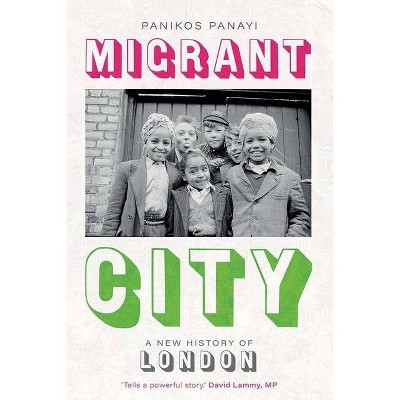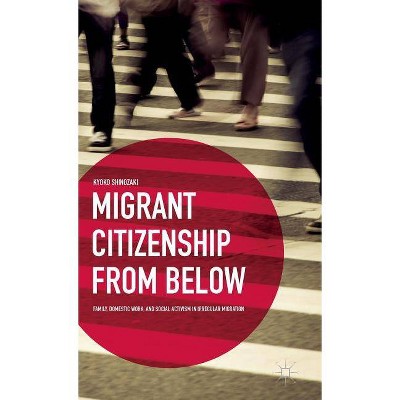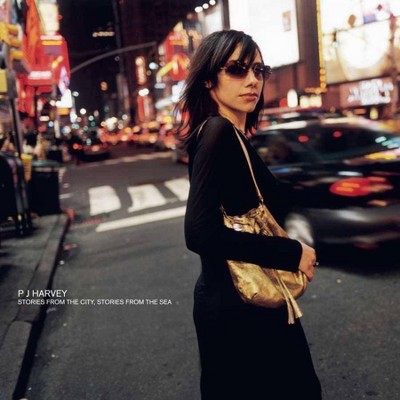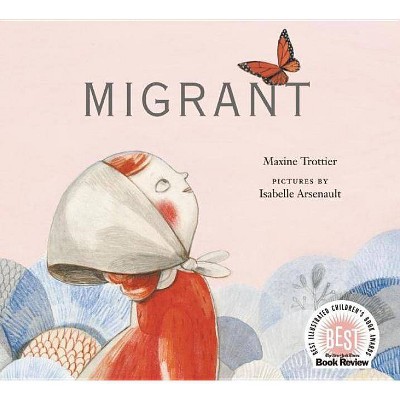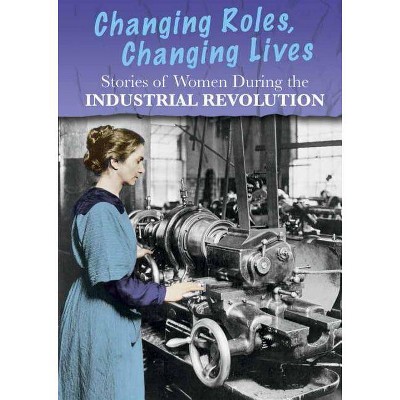Stories from a Migrant City - by Ben Rogaly (Hardcover)
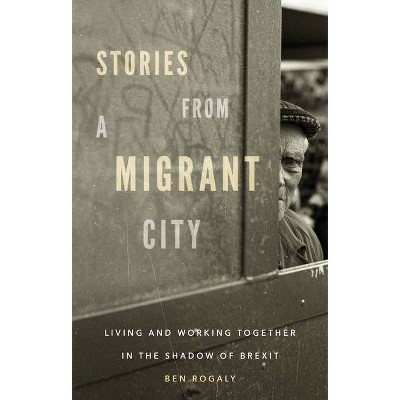
Similar Products
Products of same category from the store
AllProduct info
<p/><br></br><p><b> About the Book </b></p></br></br>Taking a biographical approach, the book explores the causes and consequences of moving or staying put in the context of class inequality and racisms, and looks for commonalities between people often seen as irredeemably divided.<p/><br></br><p><b> Book Synopsis </b></p></br></br><p><br /> Nationalists and nativists often blame the figure of the immigrant 'other' for society's ills, contrasting this with the 'local' or 'native' whose livelihood and way of life are seen as under threat from immigration. Being at ease with difference is seen as the worldview of a cosmopolitan elite.<br /> <br /> <em>Stories from a migrant city</em> argues for an urgent transformation of how such terms are understood and deployed. Drawing on eight years of research in an English provincial city and a biographical approach to oral history, this book challenges the ways in which people have come to be seen as 'migrants' or 'locals' and understood to have opposing interests. Non-elite cosmopolitanism is shown to be alive and well, in spite of racism, the legacies of empire and the devastating effects of four decades of neoliberalism.</p><p/><br></br><p><b> From the Back Cover </b></p></br></br>Nationalists and nativists often blame the figure of the immigrant 'other' for society's ills, contrasting this with the 'local' or 'native' whose livelihood and way of life are seen as under threat from immigration. Being at ease with difference is seen as the worldview of a cosmopolitan elite. <i>Stories from a migrant city</i> argues for an urgent transformation of how such terms are understood and deployed. Drawing on eight years of research in an English provincial city and a biographical approach to oral history, this book challenges the ways in which people have come to be seen as 'migrants' or 'locals' and understood to have opposing interests. Non-elite cosmopolitanism is shown to be alive and well, in spite of racism, the legacies of empire and the devastating effects of four decades of neoliberalism.<p/><br></br><p><b> Review Quotes </b></p></br></br><br>'<i>Stories from a migrant city </i>is a beautifully written book mapping the consolidation of a complex culture of multi-ethnic working class cosmopolitanism amid the rise of reactionary populisms. Drawing on a decade of painstaking research on local workplaces and neighbourhoods, Rogaly uncovers the shared histories of mobility and fixity as well as how they continue to be disrupted by class inequalities and racisms. He should be applauded for not only producing an analytically sophisticated book but one which provides us with some of the resources of hope that might one day help to plot a path towards a more open and democratic future for all.' Professor Satnam Virdee, University of Glasgow 'A powerful, thoughtful and much needed contribution' Fatima Manji, Correspondent, Channel 4 News 'In the face of the most ugly uses of 'place' as a code for racialised exclusivity, this poignant and necessary book encourages us to think more expansively - of varieties of inclusion and exclusion, of unexpected conviviality and cosmopolitanism from below, of tactics of racial capitalism that set us against each other and spaces of imagination that can bring us together. All in the form of a kind of love-song to... Peterborough.' Professor Gargi Bhattacharyya, University of East London 'In this extraordinary book Ben Rogaly shows us that we need to rethink who is considered a 'migrant' and who is a 'local.' The urgent lesson contained in these pages is that any step towards challenging the racism that distorts and confines the immigration debate needs to listen out for what is emerging in the ordinary life of cosmopolitanism from the bottom-up.' Professor Les Back, Goldsmiths, University of London 'Ben Rogaly succeeds in dissolving the distinction between 'local' and 'migrant' to illuminate everyday forms of working-class multicultural interaction and conviviality. A 'must-read' book in an age of Brexit uncertainty, changing global macro-economic processes and the rise of nationalist nostalgia.' Professor Anoop Nayak, Newcastle University 'This book is for anyone interested in British identity. You don't need to have spent your Saturdays as a teenager hanging around the Queensgate shopping centre to find it informative and compelling. But Rogaly also resists using the city merely as a way to explain something bigger, as a stand-in for other provincial places. In <i>Stories From a Migrant City</i>, Peterborough exists, in and of itself, as a distinct place. We need more books that do the same for other cities and towns in the United Kingdom and elsewhere in the world.' Charlotte L. Riley, <i>New Humanist</i> 'Rogaly's <i>Stories from a Migrant City</i> challenges contemporary understandings of immigrant inclusion and exclusion and xenophobic antipathy in the aftermath of Brexit. Rogaly (Univ. of Sussex, UK) criticizes common analyses of Brexit as a clash between open-minded, cosmopolitan elites and racist, native-born, working-class whites. Instead, using a politics of place in Peterborough (a small, provincial city outside of London), coupled with illuminating oral history data drawn from locals, newcomers, immigrants, and elites, he reveals that the politics that put Brexit into play are more complicated than the superficial images presented in the media and in much academic discourse. Rogaly demonstrates that cosmopolitanism is regularly practiced in the everyday lives of Peterborough's working- and middle-class inhabitants. Late-stage capitalism and neoliberalism have put everything in flux so that the terms native and migrant do not adequately reflect who lives in Britain and whose authentic British lifestyle is at stake from the promises and threats of Brexit. Disruption of continuity of place magnifies changes, making them seem more threatening to the national and local projects. Rogaly provides glimmers of hope highlighting historical moments of opportunities for unity. --R. A. Harper, York College Summing Up: Highly recommended. Lower-division undergraduates through faculty; professionals. Reprinted with permission from <i>Choice Reviews</i>. All rights reserved. Copyright by the American Library Association.<br><p/><br></br><p><b> About the Author </b></p></br></br>Ben Rogaly teaches in the Department of Geography at the University of Sussex
Price History
Cheapest price in the interval: 120 on November 8, 2021
Most expensive price in the interval: 120 on December 22, 2021
Price Archive shows prices from various stores, lets you see history and find the cheapest. There is no actual sale on the website. For all support, inquiry and suggestion messages communication@pricearchive.us
